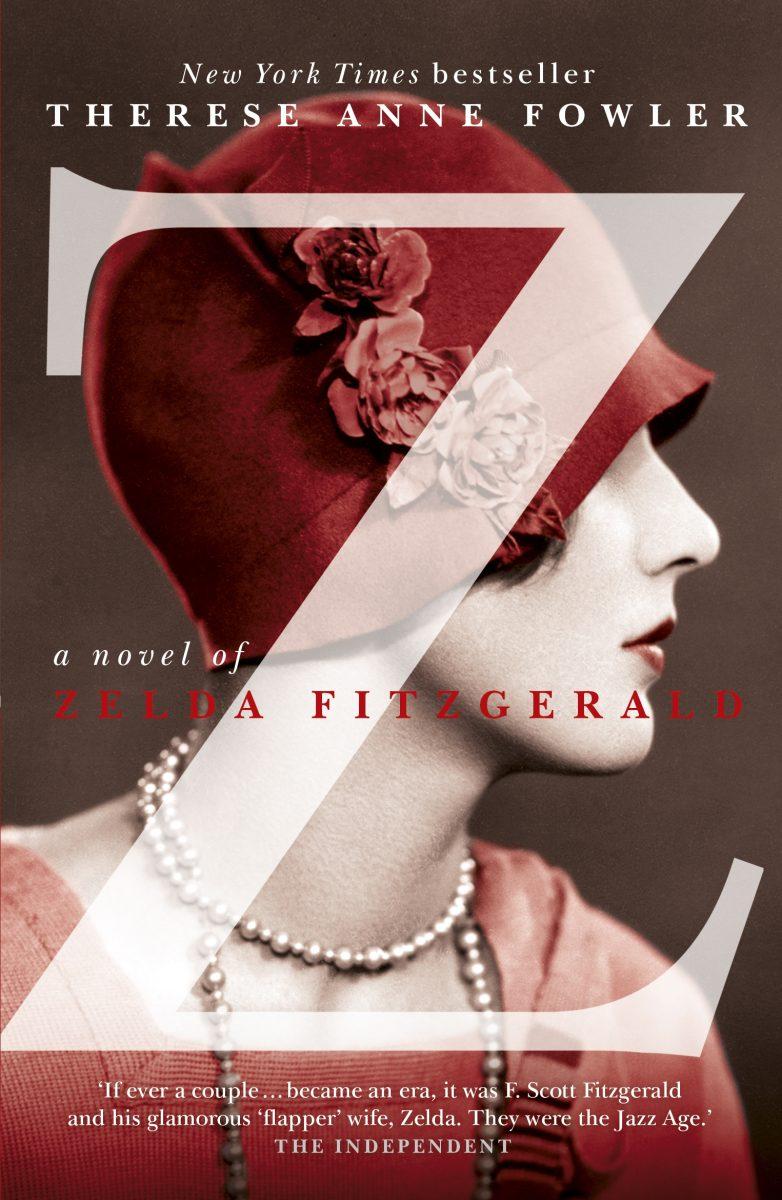N.C. State alumna and author Therese Anne Fowler brings the life and scandal of the infamous Fitzgeralds back into the limelight in Z: A Novel of Zelda Fitzgerald. While much attention is given to Francis Scott Fitzgerald, author of the classic Tender is the Night and the famous The Great Gatsby, few know about the woman standing behind him.
Zelda Sayre Fitzgerald was born on a southern plantation in Montgomery, Ala., and was raised to be a true southern belle. The only problem was her lack of interest in proper southern society and her increasing interest in the numerous suitors she graced with her attention. In her novel, Fowler does an excellent job of revealing the true identity of Zelda’s young romance with the Yankee military recruit Fitzgerald.
Going against her family’s wishes, Zelda is caught up in a whirlwind of love and promise from her aspiring author lover who had big dreams of becoming published in New York. The tone echoes the lofty dreams and youthful innocence of young Zelda in the early stages of love and marriage to F. Scott Fitzgerald. Fowler does not fall short in detailing the couple’s days in bed and nights on the town. The 1920’s offered dancing, luxury and booze to the dreamy duo, as well as a few documented acts of frivolity that cemented their reputation as the perfect party pair.
With the carefree life of riches came a time of hardship and seriousness in their marriage. Francis and Zelda were both young when they exchanged vows, so when the realness of marriage and life began to catch up to the couple, Zelda saw the true colors of her husband. Instead of leaning on his young wife for support, Francis turned to the liquor cabinet and desperately tried to find happiness and inspiration at the bottom of the bottles.
Again, Fowler does not shy away from the stumbling steps that would ultimately lead to the downfall of Zelda and Francis. She also goes behind the curtain to break down the façade of perfection built up by the Fitzgeralds. Francis’ struggle with alcohol and irresponsibility with finances often pushed Zelda to the breaking point and left her questioning the decisions that led to the life she was living.
The relationships that influenced the Fitzgeralds and their time in France are also included in the historical novel. Using her as the first person narrator, Fowler lets Zelda share her feelings about her husband’s relationship with the offensive and drunken Ernest Hemingway and her disdain for her husband’s actions when he is under the influence.
Fowler does not soften the pressures felt by the couple when F. Scott was not writing or the jealousy problems presented when Zelda picked up the pen and paper and found success in a few short stories. Instead, Fowler takes the reader on the emotional roller coaster felt by the broken narrator as she watched her life, her husband and herself begin to fall apart.
Zelda’s troubled mental state is also addressed in the novel, but rather than taking on the omniscient third person narrator, Fowler allows the confused and anxious Zelda to tell her story of being locked away and treated for trying to follow dreams which were restricted by her husband. As Zelda’s mental state deteriorates, so does the coherence of the story.
The romanticized, shiny life of the Jazz Age is tarnished in Fowler’s fictionalized biography. Though there are times the reader must slog through another drunken episode with Mr. Fitzgerald or another feared affair with Zelda, the book is comprehensive in its account of the woman F. Scott Fitzgerald dubbed “the first American flapper.”
One can find Z: A Novel of Zelda Fitzgerald at a bookstore or on Amazon. Therese Anne Fowler will also be at the NC Literary Festival held at Hunt Library April 3-6.








